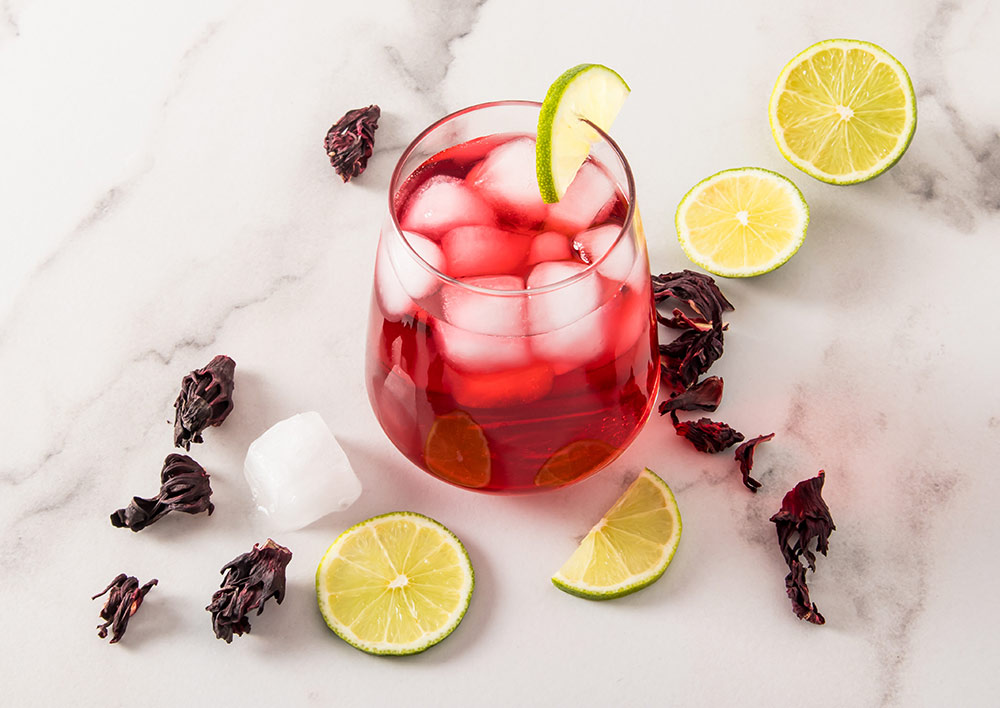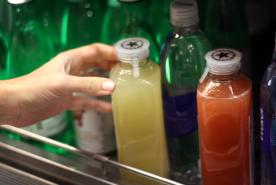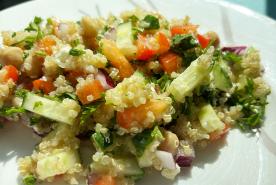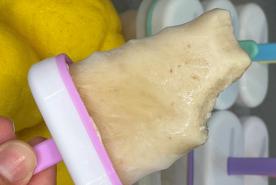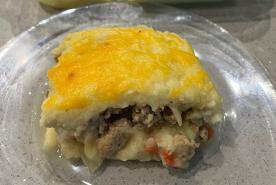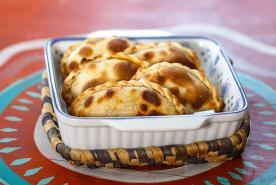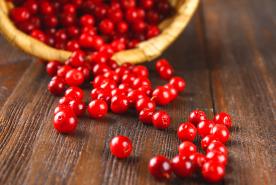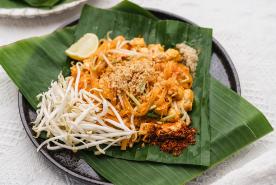Last Updated: July 05, 2024
Medically reviewed by NKF Patient Education Team
Introduction
Making healthy food choices is important to us all, but it is even more important if you have chronic kidney disease (CKD). Good nutrition gives you energy to do your daily tasks, prevent infection, build muscle, help maintain a healthy weight— and it may keep your kidney disease from getting worse.
Your kidneys help keep the right balance of nutrients and minerals in your body. But if you have kidney disease, your kidneys may not do this job very well. There are five key nutrients you may need to control: Protein, Sodium, Fluid, Potassium, and Phosphorus. Additional handouts will give you more information about each of the key nutrients. Eating the right amount of each of these can help control the buildup of waste and fluid in your blood.
Let’s see how fluid fits into the kidney diet.
Why is fluid important?
The amount of fluid you may have will depend on your level of kidney function or type of dialysis treatment. Consuming too much fluid can be bad for your health. If you are on dialysis, it can cause discomfort during treatment. You may not need to limit your fluids if you have early stage CKD.
- The right amount of water helps our body work properly
- Too much fluid can cause high blood pressure, fluid buildup around the heart and lungs, and swollen ankles or legs
- Too little fluid can cause dehydration, hypotension, and accumulation of waste products
Sources of fluid (Fluids are drinks and foods that are liquid at room temperature like soup, gelatin, and ice cream)
Juices (pineapple, mango*, soursop*) |
Cuban sodas (Materva, Jupina, Ironbeer**) |
Coconut water* |
Ginger beer |
Mauby (fermented beverage) |
Sorrel (hibiscus tea) |
Malt beverages** |
Coconut milk |
*High in potassium, consult your registered dietitian for adequate portion size
** Some sodas and malt beverages may contain phosphorus additives, please read specific ingredients
Recipe: Sorrel (Hibiscus) Tea
Sorrel (Hibiscus) Tea is a refreshing drink from the Caribbean that is good for patients with kidney disease. It is made with dried sorrel flowers, cinnamon, ginger, and a small amount of honey. This tea helps to stay hydrated and has low potassium and sodium, making it kidney-friendly.
